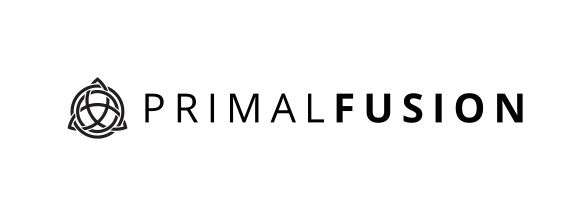It truly doesn’t matter what dietary values, beliefs or dogma you live and swear by as long as they (A) are not contributing to problems in your health, and (B) you are not using them to judge others through any sense of moral or intellectual superiority. The most important is (A), as your health and wellness can sometimes determine how much of an a-hole you are to others whom you have no control over (insert sarcasm).
Vegan vs Vegetarian vs Paleo
When our clients present any kind of health problems, specifically chronic issues that directly correlate to nutrient deficiencies and digestive problems then we will address how to approach a dietary intervention that does not impose on their values and beliefs. However, we cannot tell you how many times we have worked with those following a vegan diet and once introducing, for example, just eggs, their health and physical & sexual performance increased exponentially and almost immediately. We will, however, always offer guidance to support each and every individual’s guiding principles, convictions and core values, and do our best to align those to their dream.
To be fair, it has been just as much of a challenge, if not more, to help others get off of red meat, gluten or dairy as it has been to increase protein sources for those following strict vegan diets. The stigmas work both ways, but enough about that.
The following are some symptoms of protein deficiency:
- Muscle atrophy
- Soft tissue deterioration
- Muscle weakness, poor recovery
- Hair loss, hair thinning (whole body)
- Weakened or brittle nails
- Slow wound healing
- Fatigue and reduced energy
- Inhibited emotional stability
- Reduced ability to concentrate or focus
- Increased instances of allergies and infections
Track your protein.
If you are struggling with potential protein deficiencies, the first course of action would be to track your daily intake of foods so you can get a realistic picture of what you are eating. This is the quickest, easiest and cheapest way to test yourself. You don’t need a coach or a doctor or an app or any special software. Just write down what you eat throughout the day, no details necessary. We’re not counting macros and calories. After about 3-4 days, you will have a fairly clear idea of what your protein intake is. For many of our clients, they were pretty shocked to see just how little they were getting.
Protein-limiting factors:
If you believe it’s not enough, then the solution is pretty simple: increase your protein intake! Here are common reasons that our clients are not meeting their protein requirements:
- Skipping meals
- On-the-go eating
- Too many starchy foods
- Digestive issues causing aversion
- Low enzyme production
- Food intolerances
- Poor breathing patterns
- High levels of stress
- Pharmaceuticals
- Alcohol
- Recreational drug use
- Too much liquid in the diet
- Too many hot foods
- If any of these apply to you, modify and adjust your lifestyle accordingly!
